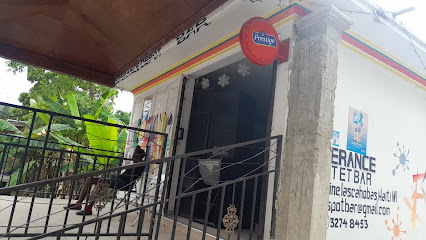
Gateway to Adventure: The Jimani Border
Explore the vibrant Jimani Border, a bustling gateway between the Dominican Republic and Haiti, rich in culture, commerce, and natural beauty.
Nestled between the Dominican Republic and Haiti, the Jimani Border is a bustling gateway for travelers seeking to explore the diverse cultures and landscapes of both nations. Experience the vibrant atmosphere, local vendors, and the thrill of crossing borders in this dynamic region.
A brief summary to Jimani Border
- F4RC+936, Av 19 de Marzo, Jimani, DO
Local tips
- Visit during daylight hours for safer crossing and better interaction with locals.
- Carry small denominations of local currency for easier transactions with vendors.
- Try local street food for an authentic culinary experience, but ensure it's freshly made.
- Stay hydrated and wear comfortable clothing for walking as you explore the bustling area.
- Be mindful of your belongings, particularly in crowded areas, to ensure a smooth visit.
Getting There
-
Car
If you are traveling by car from Lac Azuéi to the Jimani Border, start by heading northwest on Route Nacional 1 (RN1). Follow the signs for Jimani. This route is approximately 1 hour and 30 minutes (around 50 km) depending on traffic conditions. As you approach Jimani, continue until you reach Av. 19 de Marzo. The border crossing point is located at F4RC+936, Av 19 de Marzo. Ensure to have your identification and any necessary travel documents ready for border control.
-
Public Transportation
For public transportation, locate a local 'tap-tap' (shared minibus) or a bus service that operates from Lac Azuéi to Jimani. You can find these near the central square or bus station in Lac Azuéi. The journey may take approximately 2 hours, depending on the number of stops and passenger load. Tickets typically cost around 100-150 HTG, but prices can vary. Confirm with the driver that they are heading to Jimani and mention the need to stop at the border crossing at Av. 19 de Marzo.
-
Walking or Taxi from Jimani Town Center
Once you arrive in Jimani, if you are not directly dropped off near the border, you can either walk or take a local taxi. The border is about 1.5 km from the town center. For a taxi, it should cost around 100-200 HTG. If walking, head towards Av. 19 de Marzo, following the signs. It is a straightforward route, and you can ask locals for directions if needed.
Discover more about Jimani Border
Iconic landmarks you can’t miss
Jimani Border
0.0 km
Explore the vibrant Jimani Border, a bustling gateway between the Dominican Republic and Haiti, rich in culture, commerce, and natural beauty.
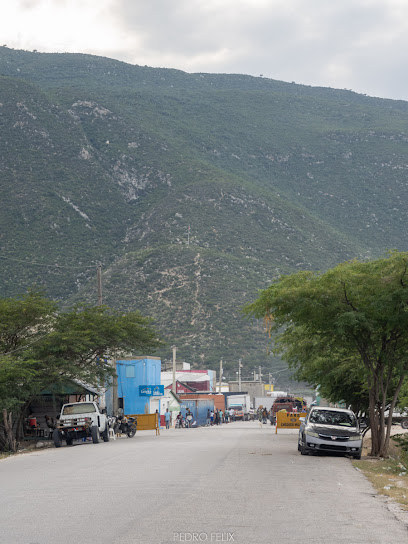
Lake Azuei
14.7 km
Explore the stunning landscapes and vibrant culture of Lake Azuei, a serene Caribbean oasis perfect for relaxation and adventure.
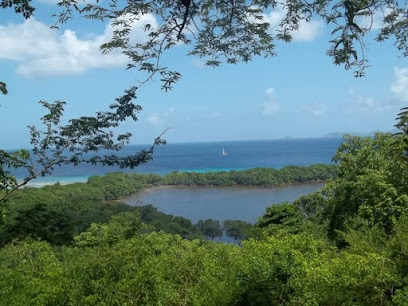
Lac Azuei
28.7 km
Explore the serene beauty of Lac Azuei in Thomazeau, a perfect getaway for nature lovers and adventure seekers in Haiti.
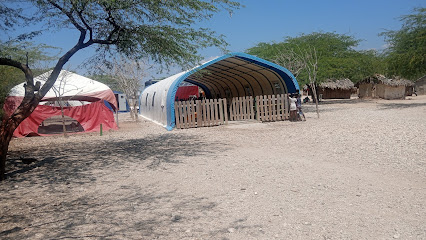
Lake Enriquillo
30.0 km
Experience the breathtaking beauty and unique ecology of Lake Enriquillo, the largest lake in the Caribbean, a true gem of the Dominican Republic.

El Cantó
31.1 km
Discover the rich history and architectural beauty of El Cantó, a must-visit historical landmark in the heart of the Dominican Republic.
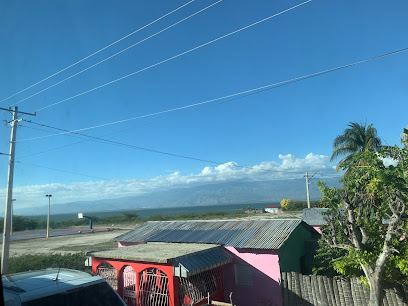
Sierra De Bahoruco National Park
37.7 km
Discover the breathtaking biodiversity and stunning landscapes of Sierra De Bahoruco National Park, a must-visit destination for nature lovers in the Dominican Republic.
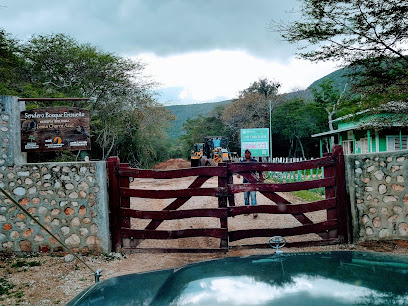
Parc Historique De La Canne À Sucre
40.1 km
Discover the serene beauty and historical significance of Parc Historique De La Canne À Sucre in Port-au-Prince, a memorial park honoring Haiti's rich sugar heritage.
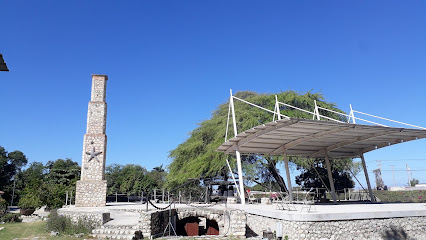
Pavillon des Receptions et Hotel
40.7 km
Discover the tropical charm of Pavillon des Receptions et Hotel in Port-au-Prince, your gateway to exploring Haiti's vibrant culture and history.

Tabarre's Palace
40.9 km
Experience the charm of Port-au-Prince at Tabarre's Palace, where comfort meets Haitian hospitality in a serene setting.

Port-au-Prince Haiti Temple
41.2 km
Explore the Port-au-Prince Haiti Temple, a serene oasis of spirituality and stunning architecture nestled in the vibrant hills of Petion-Ville.

petion ville
41.6 km
Discover the vibrant culture and lush landscapes of Petion Ville, an enchanting suburb of Port-au-Prince, Haiti, rich in history and culinary delights.

Point Chaud
41.8 km
Explore the vibrant flavors of Haiti at Point Chaud, a favorite fast-food spot in Petion-Ville, serving delicious breakfast and local favorites.
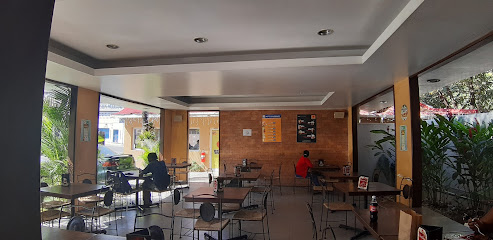
Palais Des Friandises
42.2 km
Experience the rich flavors of Haitian cuisine in the heart of Port-au-Prince at Palais Des Friandises.
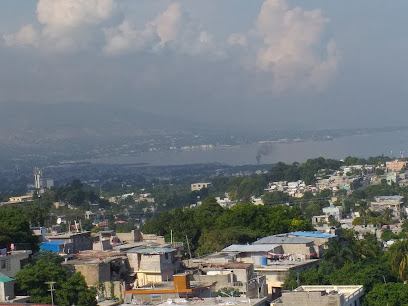
Portofino
42.4 km
Indulge in the best of Italian flavors at Portofino, a must-visit restaurant in Pétion-Ville, Port-au-Prince, where every meal is a culinary delight.
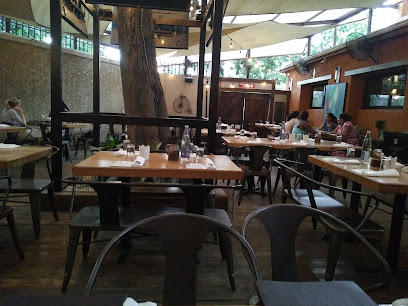
Station Motor De Petit Place Cazeau
42.5 km
Discover Port-au-Prince with ease at Station Motor De Petit Place Cazeau - your go-to car-sharing location for an unforgettable Haitian adventure.

Unmissable attractions to see
Mont-Horègue
11.5 km
Discover the stunning trails of Mont-Horègue, a breathtaking hiking area in Fond Parisien, where nature and culture beautifully intertwine.

Parc Naturel Quisqueya de Fonds-Parisien
12.8 km
Explore the breathtaking landscapes and diverse wildlife of Parc Naturel Quisqueya, a serene national park near Port-au-Prince, Haiti.
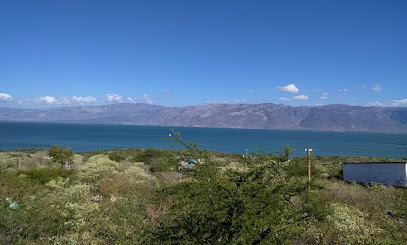
naturel de Forêt des Pins National Park
20.2 km
Discover the serene beauty and diverse ecosystems of Forêt des Pins National Park, a must-visit national park in Calalo, Haiti.

national d'Haïti Botanical Garden
20.2 km
Discover the lush biodiversity and serene landscapes of the National d'Haïti Botanical Garden, a peaceful retreat in Ganthier, Haiti.
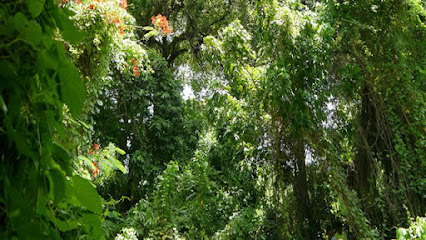
Lago Enriquillo National Park
20.8 km
Explore the stunning landscapes and unique wildlife of Lago Enriquillo National Park, a true natural gem in the Dominican Republic.
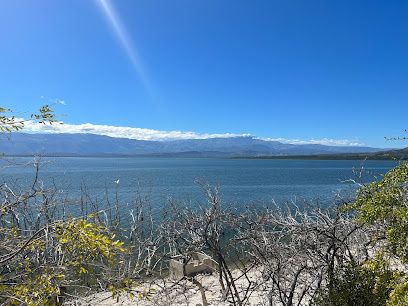
Caritas de Los Indios
21.7 km
Experience the rich cultural heritage and stunning natural beauty at Caritas de Los Indios, a captivating tourist attraction in the Dominican Republic.
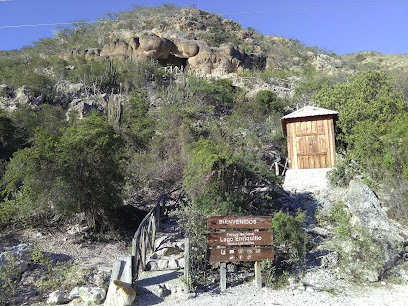
Gran Tou
22.9 km
Discover the serene beauty of Gran Tou, a tranquil garden in Thomazeau, perfect for relaxation and a peaceful escape into nature's embrace.

Source Zabeth
25.0 km
Experience the serene beauty of Source Zabeth, a captivating nature preserve in Bonnet, Haiti, perfect for nature lovers and outdoor enthusiasts.
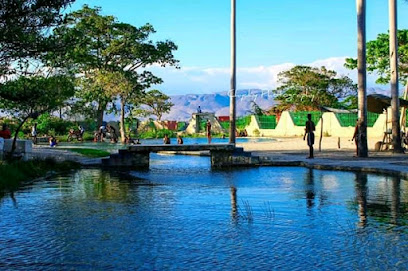
FOIRE DE LA PRODUCTION LOCAL
27.6 km
Explore the Foire de la Production Local in Thiotte for an authentic taste of Haitian culture, crafts, and cuisine.

Cocteau
29.3 km
Experience the serene beauty of Cocteau Park in Thomazeau, a perfect retreat for nature lovers and families seeking tranquility in Haiti.

Lago Enriquillo, Los Rios
30.9 km
Explore the breathtaking Lago Enriquillo, the Caribbean's largest lake, where stunning landscapes meet diverse wildlife in a serene environment.
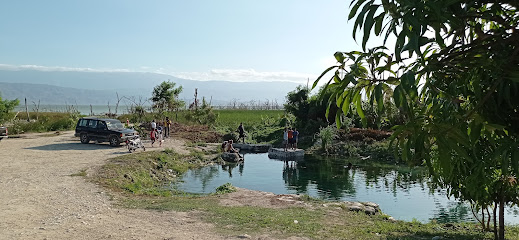
Rivière de Préchet, Belle Anse-Haiti
33.7 km
Explore Riviere de Préchet in Belle Anse, a serene river destination offering stunning views and a taste of authentic Haitian culture.

Balneario La Zurza
34.3 km
Explore Balneario La Zurza, a serene oasis of crystal-clear waters and lush landscapes in the Dominican Republic, perfect for relaxation and adventure.
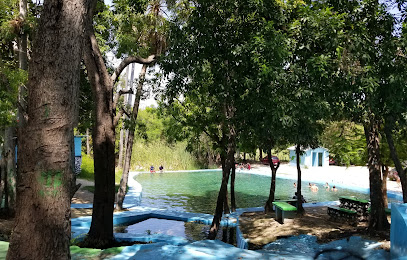
Place publique
34.4 km
Explore the breathtaking hiking trails of Place Publique in Belle Anse, where nature meets local culture in a stunning landscape.
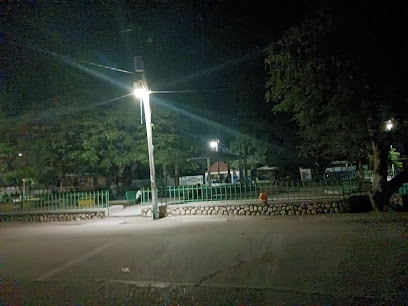
Kanaval , Belans
34.4 km
Experience the vibrant culture of Haiti at Kanaval in Belle Anse, a lively tourist attraction filled with music, dance, and local hospitality.

Essential places to dine
KAY TIGRANN
35.6 km
Discover authentic Haitian flavors at KAY TIGRANN in Croix-des-Bouquets – where every meal tells a story.

Baldé Food and Drink
37.8 km
Experience authentic Haitian cuisine at Baldé Food and Drink, where every bite tells a story through flavorful grilled dishes.

Restaurent communautaire de 4e Belle Fontaine
38.5 km
Experience authentic Haitian flavors at Restaurant Communautaire de 4e Belle Fontaine in Nan Cofi – where community meets cuisine.

Executive Villas
38.9 km
Discover unparalleled comfort at Executive Villas in Port-au-Prince – your perfect extended stay hotel amidst Haiti's vibrant culture.
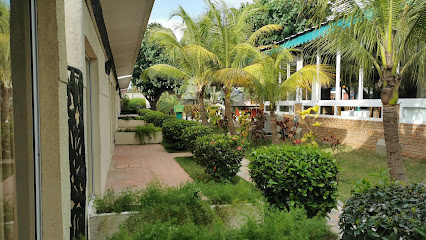
La Fouchèt
39.0 km
Experience authentic Haitian cuisine at La Fouchèt - where every meal tells a story of flavor and tradition.
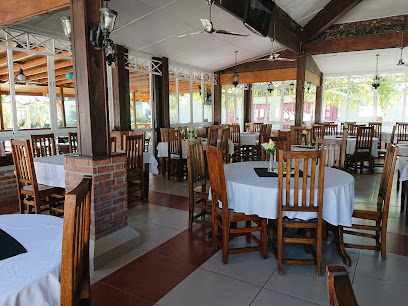
Chévou Restaurant
40.4 km
Experience the rich flavors of Haiti at Chévou Restaurant in Port-au-Prince, where local ingredients meet international cuisine.
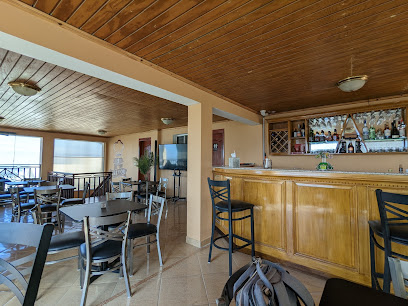
Olé Restaurant
40.6 km
Discover authentic Haitian cuisine at Olé Restaurant in Port-au-Prince, where each dish tells a story of culture and tradition.

Le goût haïtien
40.7 km
Experience authentic Haitian cuisine at Le goût haïtien - where every dish tells a story of culture and tradition.

5 Coins Bar Restaurant
41.6 km
Experience authentic Haitian cuisine at 5 Coins Bar Restaurant in Tabarre – home of delicious fritay and vibrant local culture.
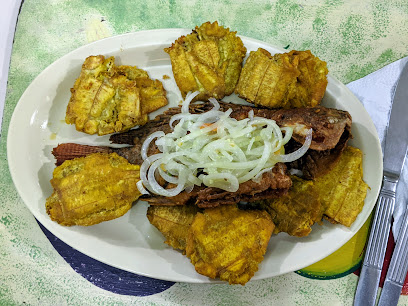
GOUTER HAITI
41.6 km
Discover the rich flavors of authentic Haitian cuisine at Gouter Haiti in Croix-des-Bouquets.

Views Bar & Grill Haiti
41.6 km
Discover authentic Haitian cuisine at Views Bar & Grill – where flavorful grilled dishes meet vibrant local culture in Port-au-Prince.

Jenny Vils Fritay
41.7 km
Discover the vibrant flavors of Haiti at Jenny Vils Fritay, where authentic dishes and lively atmosphere await every visitor.
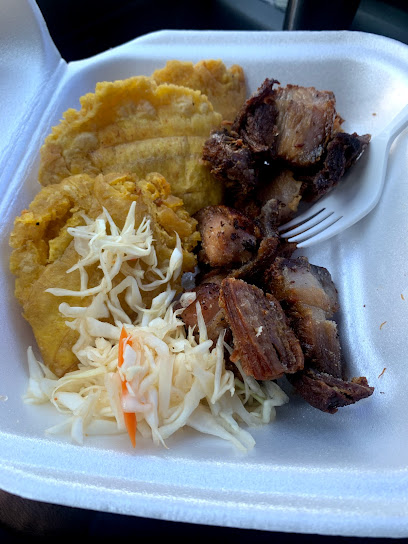
Kay Sammy Bar-Resto
42.3 km
Discover the flavors of Haiti at Kay Sammy Bar-Resto - where authentic grilling meets vibrant culture in Port-au-Prince.
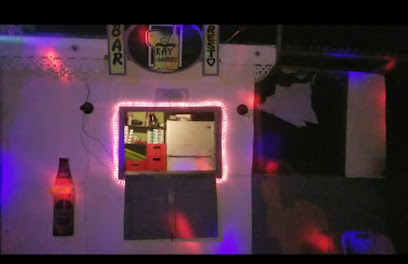
Chinawok Haiti
42.4 km
Experience authentic Mandarin cuisine at Chinawok Haiti in Petion-Ville—where each dish tells a story of flavor and tradition.
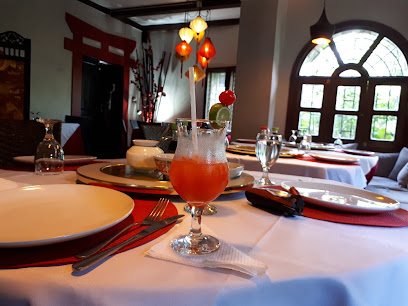
La Reserve
42.5 km
Experience the vibrant flavors of Haiti at La Reserve - a culinary gem in Port-au-Prince offering exquisite local and international dishes.
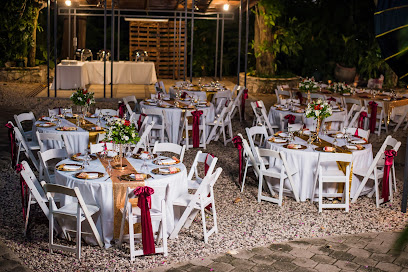
Markets, malls and hidden boutiques
Gebo quincaillerie
8.5 km
Explore Gebo Quincaillerie in La Source, Haiti, for an authentic experience of local craftsmanship and a diverse selection of building materials.
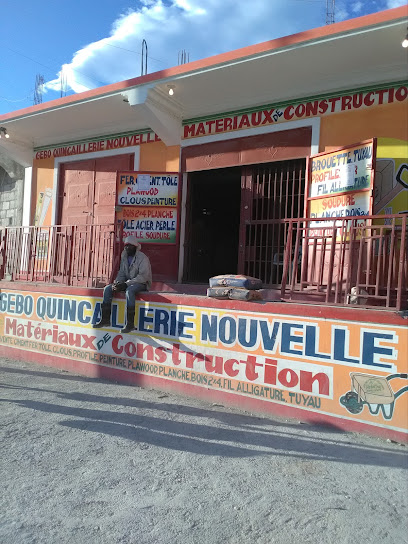
Shop de Tailleur
8.6 km
Explore unique Haitian fashion at Shop de Tailleur in La Source, where vibrant culture meets stylish clothing in an unforgettable shopping experience.

Sody Multi Sevices
8.9 km
Explore the vibrant shopping scene at Sody Multi Services in Fond Parisien, where local culture meets diverse shopping options.
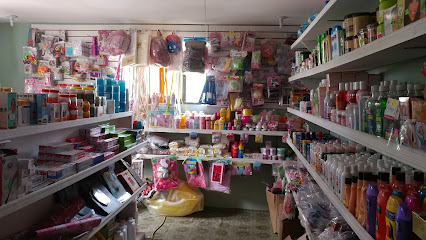
BOIS DE MIEUX
9.5 km
Explore Bois de Mieux, La Source's vibrant electronics store, offering unique gadgets and local craftsmanship in Haiti's tech scene.

ANGE PHARMACIE
10.9 km
Discover the essence of health and wellness at Ange Pharmacie, your go-to organic drug store in Fond Parisien, Haiti, for natural remedies and holistic products.

Lory boutique
11.6 km
Experience the essence of Haiti at Lory Boutique, where local flavors and friendly service create an unforgettable grocery shopping adventure.
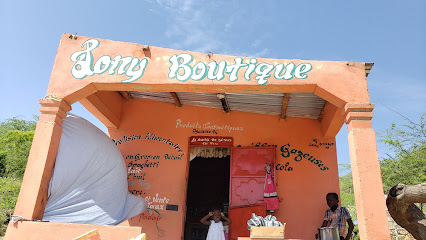
Pic la Selle
17.8 km
Explore the breathtaking beauty of Pic la Selle, Haiti's highest peak, where adventure meets stunning panoramic views.
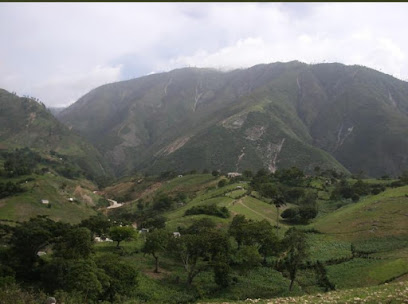
Mrs Nana la charmante
19.1 km
Explore Mrs Nana la charmante in Ganthier for unique Haitian crafts and a taste of local culture, perfect for memorable souvenirs.

Emporio Supermarket
20.4 km
Emporio Supermarket in Ganthier: Your go-to grocery store for local flavors and fresh produce in Haiti.

Flea market
21.9 km
Discover a vibrant marketplace filled with unique finds, delicious street food, and the heart of local culture at the Flea Market.

IDEAL BRIC-A-BRAC MAISON D'AFFAIRES ET QUINCALLERIE
27.6 km
Explore the charm of Ideal Bric-a-Brac Maison d'Affaires et Quincaillerie in Thiotte, where unique treasures and local crafts await every traveler.

Thiotte
27.6 km
Explore Thiotte: Your Gateway to Cutting-Edge Electronics and Rich Haitian Culture.

Simplice
27.6 km
Discover the unique charm of Simplice, your go-to hardware store in Thiotte, showcasing local craftsmanship and community spirit.
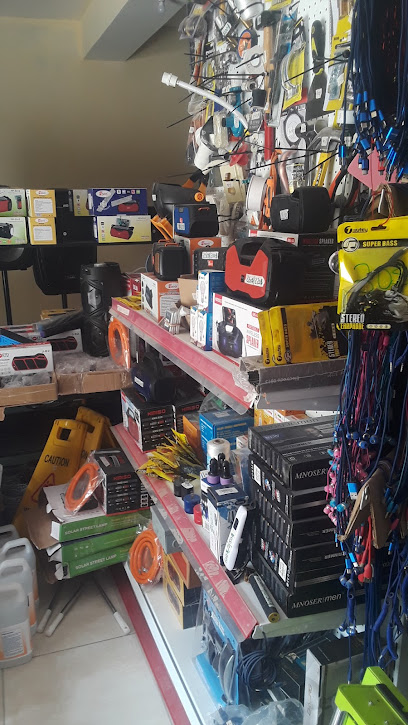
Délivrance par la foi
27.8 km
Experience the vibrant local flavors and culture of Thiotte at Délivrance par la foi, a charming grocery store filled with Haitian delights.
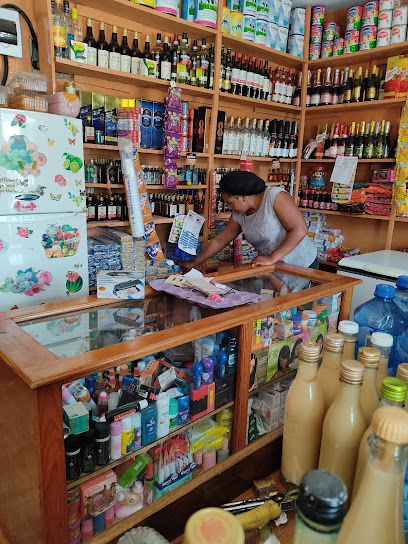
Mahalaléel Bazar
27.8 km
Experience the vibrant culture of Haiti at Mahalaléel Bazar, a unique variety store and bar in Thiotte, offering local crafts and refreshments.
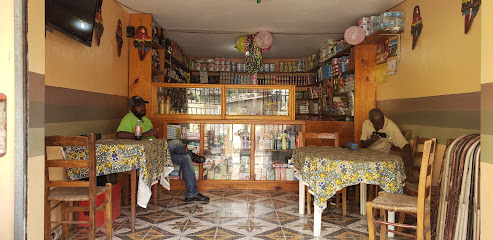
Essential bars & hidden hideouts
Le Coin Liqueur Bar
8.7 km
Discover the vibrant nightlife at Le Coin Liqueur Bar in La Source, where colorful cocktails and lively music await you.
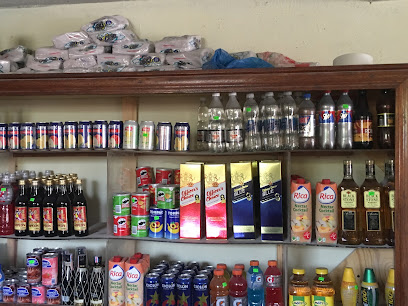
La Sagesse Meli Melo
8.8 km
Experience the heartbeat of La Source at La Sagesse Meli Melo, where live music meets local culture in a vibrant atmosphere.

Mont Carmel Boutique
8.9 km
Experience the charm of Haitian culture at Mont Carmel Boutique, the perfect bar for tourists seeking relaxation and local flavors in Fond Parisien.

Amazing Grace Bar
9.1 km
Discover the vibrant nightlife at Amazing Grace Bar in La Source, where local flavors and lively music create an unforgettable experience.
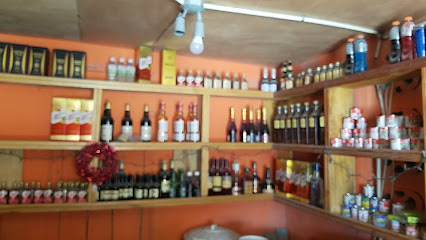
Adonaï Shop , Auto Parts Et Bar Resto
9.6 km
Experience local flavors and warm hospitality at Adonaï Shop, a unique restaurant in La Source blending culinary delights with a touch of local charm.
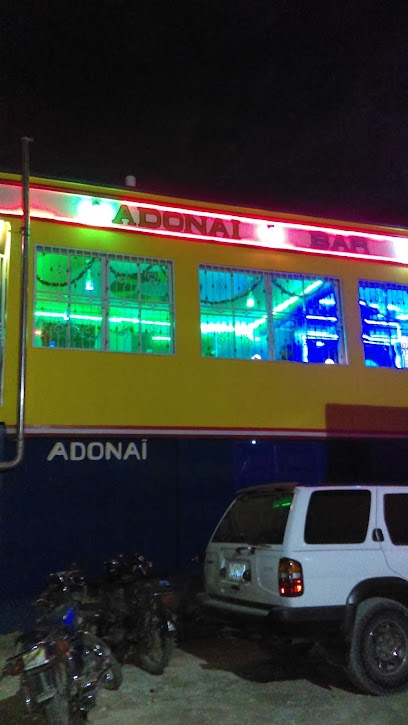
Dada Bar Restaurant
11.3 km
Experience the rich flavors of local cuisine at Dada Bar Restaurant in Nan Do Epidor, a must-visit for every food enthusiast.

Pont-sonde Artibonite
20.6 km
Experience the vibrant culture and refreshing drinks at Pont-sonde Artibonite, your go-to bar in Foret Des Pins.

La Perfection Bar/Resto
29.5 km
Discover the local charm and culinary delights at La Perfection Bar/Resto in Thiotte, where every bite tells a story.
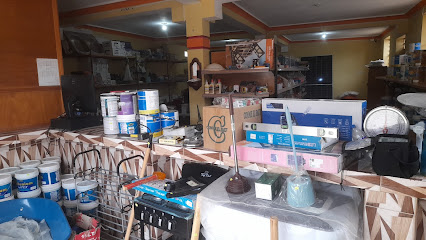
S-112 Sport Bar
30.5 km
Discover the lively S-112 Sport Bar in Los Ríos, where sports, drinks, and vibrant nightlife create unforgettable experiences.
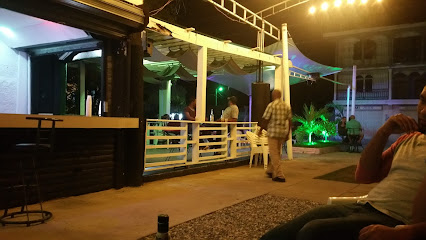
El Hoyo de Felipe
31.2 km
Discover the lively El Hoyo de Felipe, a vibrant bar in Los Ríos, offering a delightful blend of local drinks, snacks, and a cultural experience.
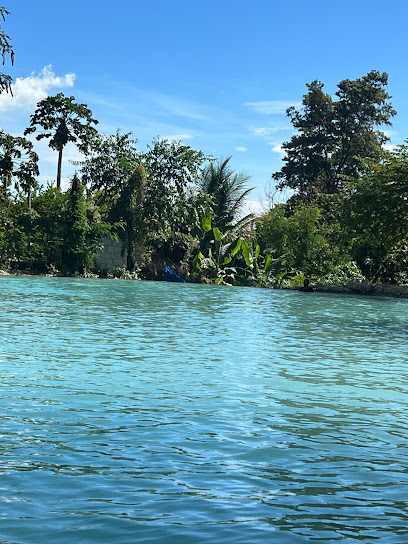
Infinyty Lounge Bar
31.8 km
Discover the vibrant nightlife at Infinyty Lounge Bar in Hondo Valle, where cocktails and entertainment create unforgettable experiences.
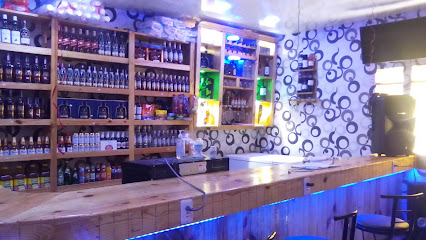
El Lago Drink
33.0 km
Discover El Lago Drink, a lively bar in the Dominican Republic, offering vibrant cocktails and a welcoming atmosphere for all visitors.
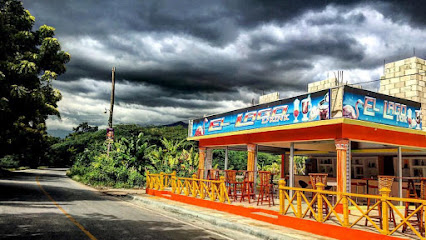
POODS SOUND
35.6 km
Discover local culture and refreshing drinks at POODS SOUND, a lively bar in Croix-des-Bouquets, ideal for relaxation and socializing.

Roudy Bar
35.6 km
Experience the vibrant nightlife of Croix-des-Bouquets at Roudy Bar, where traditional Haitian drinks and friendly faces await.

Espérance bar
36.3 km
Experience the vibrant spirit of Lascahobas at Espérance Bar, where local flavors meet lively atmosphere for an unforgettable night.
